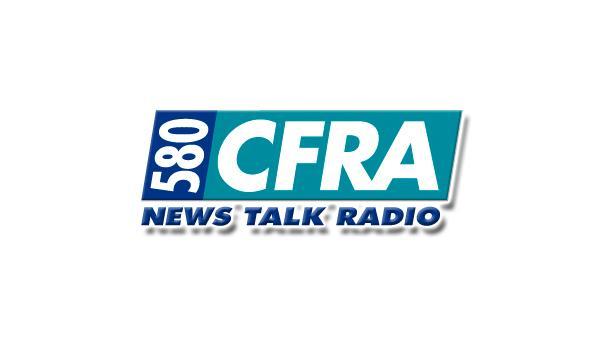
In part three of Experts on Call the roundtable discussed the marketing practice of greenwashing.
Greenwashing has become a major problem for consumers since it clouds the true meaning of eco and organic. Consumers are seeing more and more "green" products introduced every year, yet the vast majority of these "green" claims do not stand up under scrutiny.
A recent survey conducted by TerraChoice and Underwriters Laboratories found that some 95% of "green" products currently on the market employed some form of greewashing to imply a more eco and organic nature to the products' formulas than actually exists.
The experts had lots of ways to help consumers identify greenwashing and lots of tips on how to be a more aware consumer.
Here are TerraChoice's 7 Sins of Greenwashing:
1. Hidden Trade Offs: A claim suggesting that a product is "green" based on a narrow set of attributes without attention to other important environmental issues.
2. No Proof: An environmental claim that cannot be substantiated by easily accessible supporting information or by a reliable third-party certification.
3. Vagueness: A claim that is so poorly defined or broad that its real meaning is likely to be misunderstood by the consumer.
4. False Labels: A product that through either words or images gives the impression of third-party endorsement where no such endorsement exists.
5. Irrelevance: An environmental claim that may be truthful but is unimportant or unhelpful for consumers seeking environmentally preferable products.
6. Lesser of Two Evils: A claim that may be true within the product category, but that risks distracting the consumer from the greater environmental impacts of the category as a whole.
7. Fibbing: Environmental claims that are simply false.